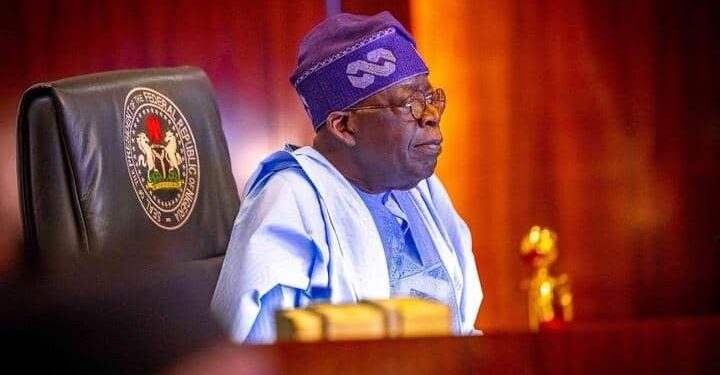Nigeria and other African nations are poised to benefit from a $90 billion electricity initiative supported by the World Bank and the African Development Bank. This initiative aims to provide electricity to 300 million people across the continent by 2023, as reported by Bloomberg.
On Friday, prominent climate organizations including the Rockefeller Foundation, Global Alliance for People and Planet, and Sustainable Energy For All launched a new technical assistance facility under the Mission 300 program. This initiative will evaluate and support projects, helping them secure funding based on established criteria.
Nigeria will play a crucial role in this initiative through the Nigeria Distributed Access through Renewable Energy Scale-up (DARES) project. According to the World Bank, the DARES project will enhance electricity access for over 17.5 million Nigerians, representing 20% of the nation’s underserved population, while phasing out over 250,000 polluting diesel generators.
The Rockefeller Foundation, along with the Bezos Earth Fund and the Ikea Foundation, established the Global Energy Alliance for People and Planet (GEAPP) in 2021. They are providing an initial $10 million through the World Bank to support 15 clean energy projects across 11 African nations, including Burkina Faso and Mozambique. This initiative focuses on advancing clean energy technologies, particularly mini-grids.
Ashvin Dayal, head of the Rockefeller Foundation’s power and climate program, highlighted the stagnation in electricity access over the past 15 years, calling it a significant climate and development challenge for Africa in the coming two decades.
The GEAPP aims to generate substantial fundraising and advocacy efforts to mobilize necessary resources, ensuring the creation of bankable projects that deliver impactful, commercially viable solutions. CEO Woochong Um emphasized the need for reforms to enhance access to funding for green energy initiatives.
The $90 billion funding will be sourced equally from public funds, concessional finance, philanthropic contributions, and commercial commitments. Potential sources include the IMF’s Resilience and Sustainability Trust and reallocated special drawing rights issued by the IMF.
Nigeria currently owes the World Bank $15.59 billion, as of March 31, 2024, and the bank may approve four loan projects totaling $2 billion for the country this year. Meanwhile, the DARES project, approved on December 14, 2023, is crucial for addressing Nigeria’s electricity access challenges and aims to provide enhanced electricity solutions through renewable energy for millions.





















































